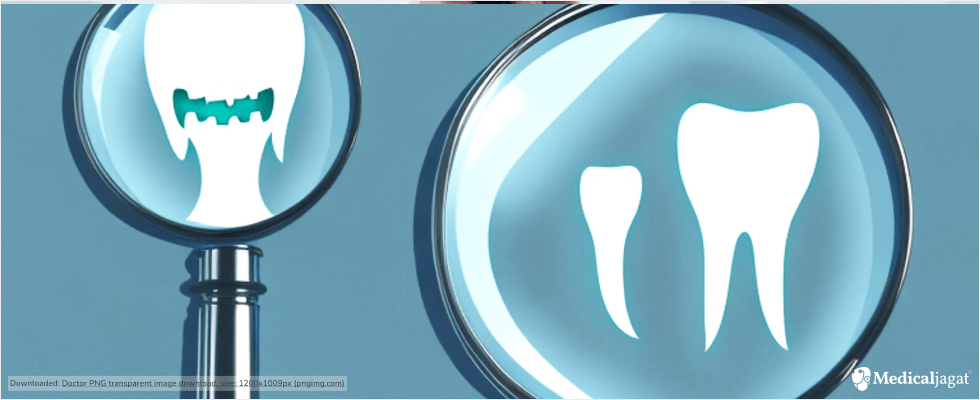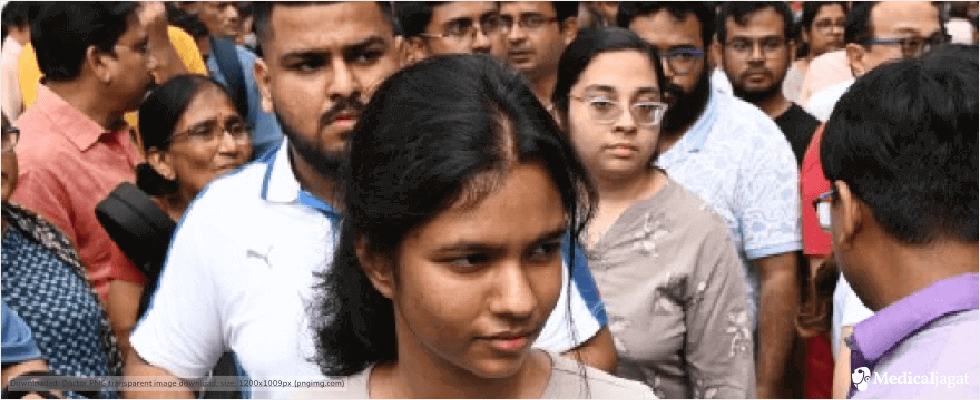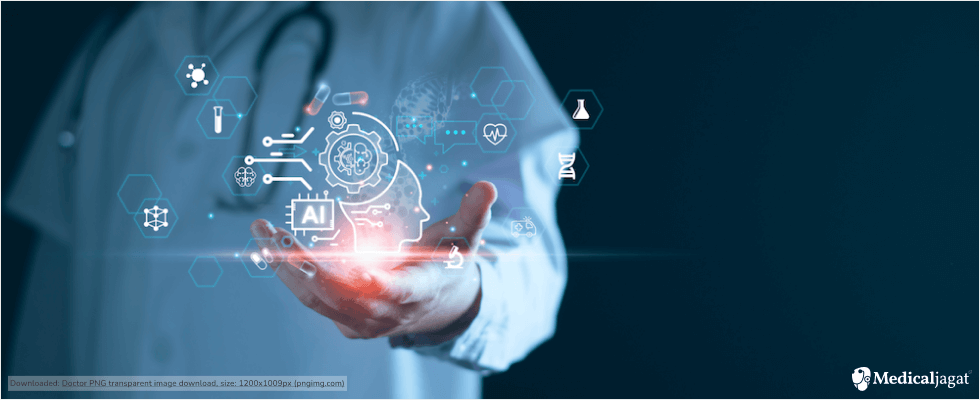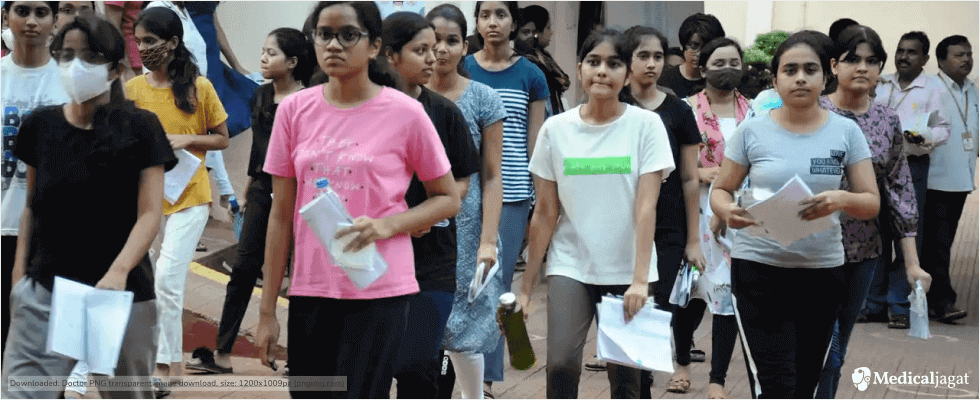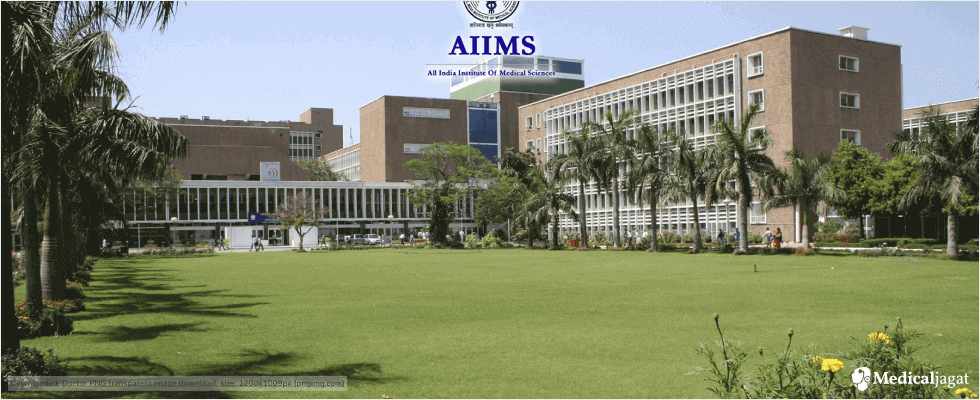
Dr. Sushma Bhatnagar, the chief of Dr. B. R. Ambedkar Institute Rotary Cancer Hospital at AIIMS, announced that the cancer institute will launch a weekly OPD to counsel registered patients about Advance Medical Directives (AMD) and assist them in preparing the legal document.
New Delhi: AIIMS-Delhi plans to launch a weekly Outpatient Department (OPD) to educate patients about their preferences for medical treatment, or refusal of it, should they lose the ability to make decisions due to an accident or illness. This initiative follows the Union health ministry’s draft "Guidelines for Withdrawal of Life Support in Terminally Ill Patients."
Dr. Sushma Bhatnagar stated that the cancer institute will provide counseling on AMDs to registered patients, guiding them to document their treatment preferences in case they lose decision-making capacity. AMDs allow individuals in sound mind to declare how they want to be treated or not treated if they become incapacitated.
"Often, terminally ill patients or those who suffer severe accidents and are beyond recovery get placed on life support unnecessarily. AMDs give individuals the power to decide on their future care while they are still capable, ensuring that they avoid unwanted treatments later," Dr. Bhatnagar explained.
She emphasized that palliative care focuses on relieving suffering instead of prolonging it unnecessarily by keeping patients on life support. The goal is to ease symptoms, not to hasten death or abandon patients.
"Placing such patients on life support in the ICU isolates them from their families," Dr. Bhatnagar noted. She added that while people often discuss health literacy, it is equally important to raise awareness about "death literacy." The promotion of AMDs is about ensuring proper medical care, not reducing pressure on medical resources.
In 2018, the Supreme Court declared AMDs legally valid and set guidelines for their implementation, according to advocate Dhvani Mehta. Previously, individuals needed a judicial magistrate to execute AMDs, but now they can complete them with a notary or gazetted officer.
"Medical ethics’ first principle is patient autonomy—allowing them to choose how they want to be treated when ill. When a person in sound mind refuses treatment, doctors must respect that choice," Mehta explained. "AMDs extend that autonomy to situations where someone loses decision-making capacity. Whether due to dementia, stroke, or accident, an AMD provides clear guidance for family members and doctors."
Since the 2018 Supreme Court ruling, Dr. Bhatnagar has noticed a rise in the number of people preparing AMDs.
The draft "Guidelines for Withdrawal of Life Support in Terminally Ill Patients" advises doctors to carefully consider whether life support measures would benefit terminally ill patients. In many cases, life-sustaining treatments (LST) may cause unnecessary suffering and dignity loss without offering real benefit.
The draft guidelines explain that many ICU patients are terminally ill and unlikely to benefit from LST, which may cause emotional, financial, and moral strain on families and healthcare providers.


